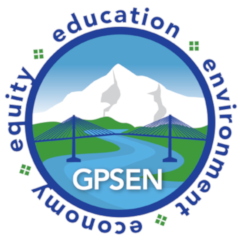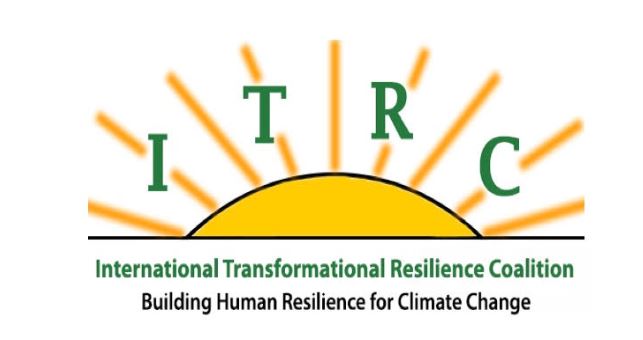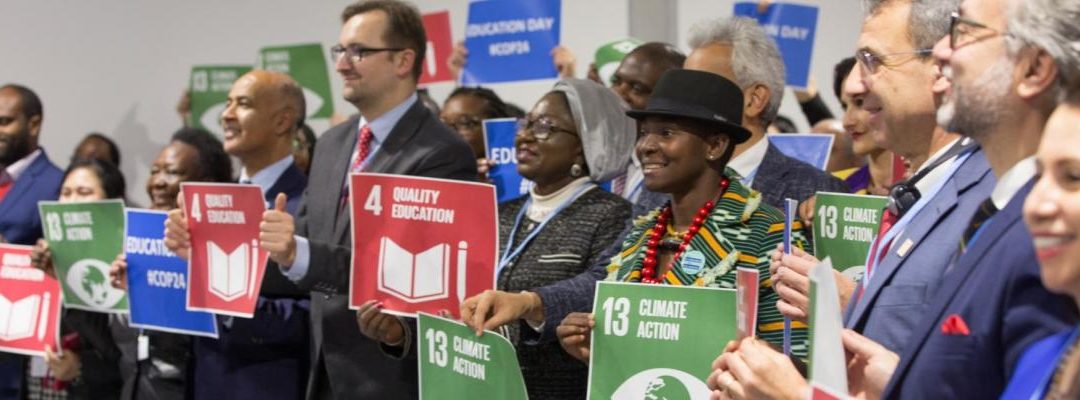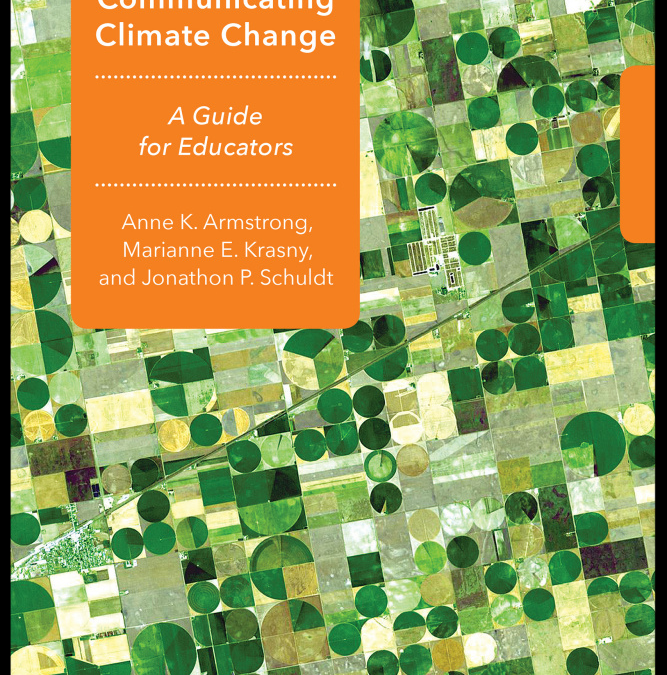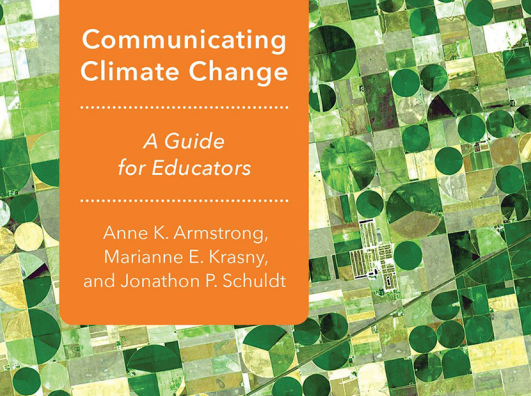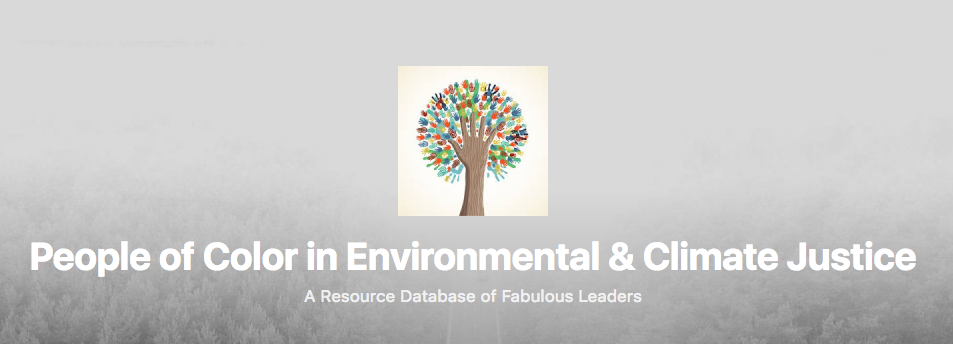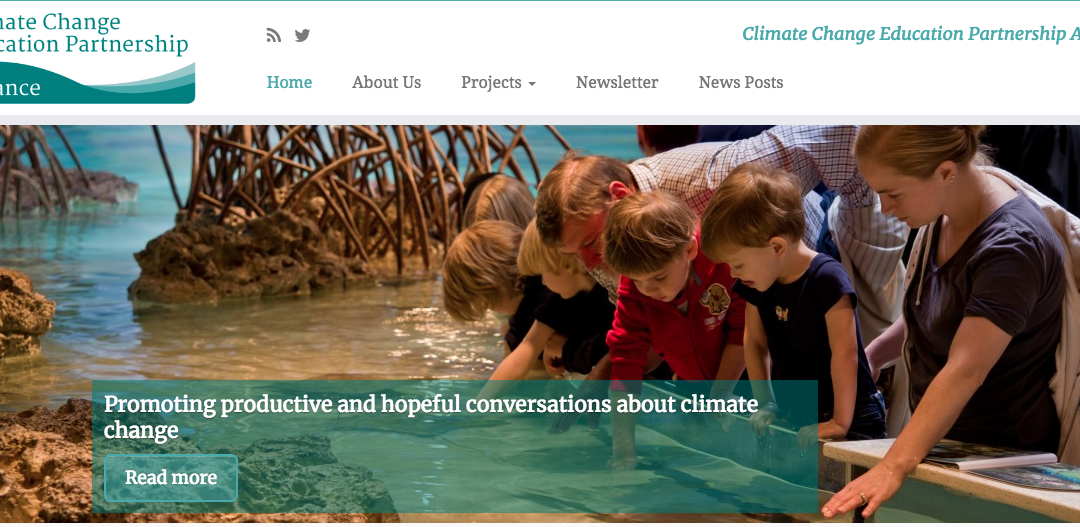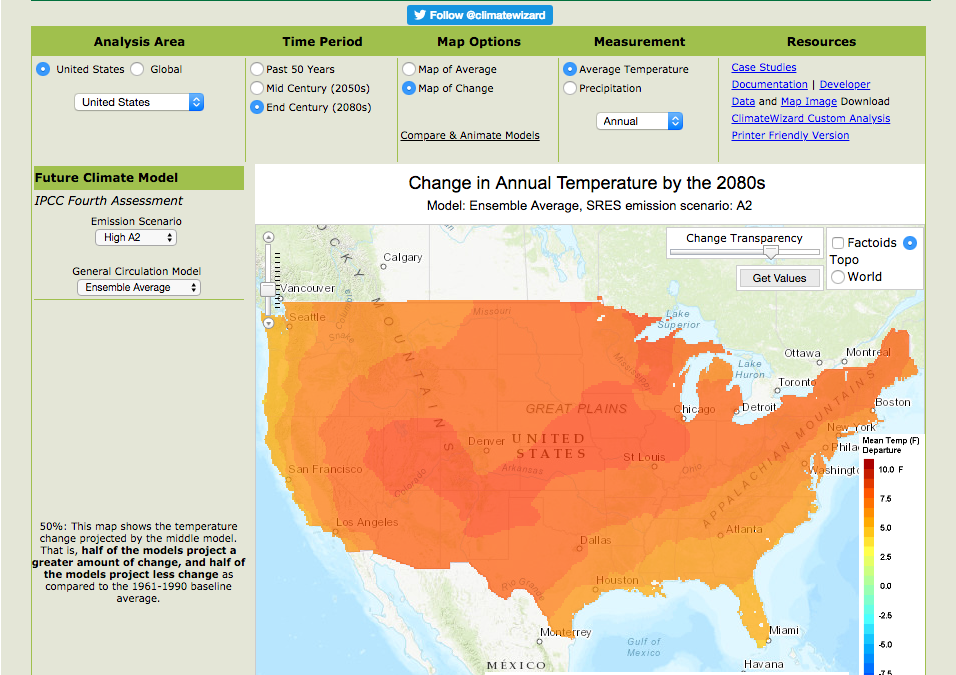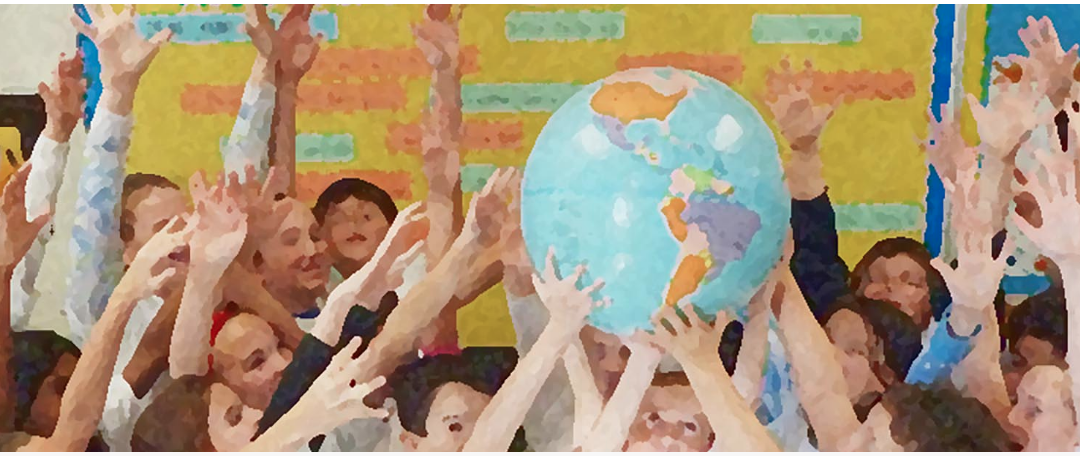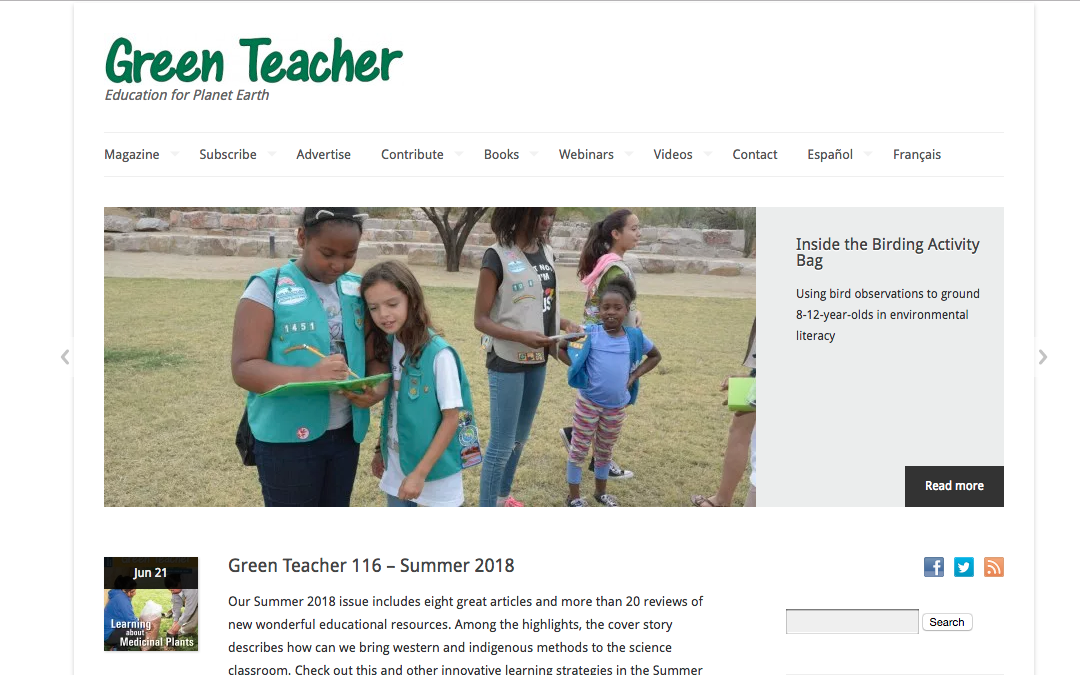Avoiding meat and dairy products is one of the biggest ways to reduce your environmental impact, according to recent scientific studies. But what is the difference between beef and chicken? Does a bowl of rice produce more climate warming greenhouse gases than a plate of chips? Is wine more...
International Transformational Resilience Coalition (ITRC) calls for major West-Coast Initiative to prepare people for the adverse psychological and psycho-social-spiritual impacts of climate change. Devastating wildfires displaced hundreds on the west coast this year. Faced with the reality of...
Countries should make climate change education a specific, verifiable item in their nationally determined contributions (NDCs) to achieve the goals of the Paris Agreement, participants in the high-level event marking Education Day at the UN Climate Change Conference (COP24) in Katowice, Poland,...
Environmental educators face a formidable challenge when they approach climate change due to the complexity of the science and of the political and cultural contexts in which people live. There is a clear consensus among climate scientists that climate change is already occurring as a result of...
Starting with the basics of climate science and climate change public opinion, Armstrong, Krasny, and Schuldt synthesize research from environmental psychology and climate change communication, weaving in examples of environmental education applications throughout this practical...
The People of Color (POC) Environmental Justice and Climate Justice Resource Persons Database is a repository for potential speakers, advisory board members, fellowship recipients, technical assistance providers and staff members. The site also allows for people to sign up to be added to the...
The final version of Climate Change Education Effective Practices for Working with Educators, Scientists, Decision Makers and the Public, produced by the Climate Change Education Partnership (CCEP) Alliance, is now available. This guide provides recommendations for effective education and...
Thanks to the Nature Conservancy, the Climate Wizard provides access to leading climate change information and the ability to visualize impacts that may occur anywhere on Earth. Check out the details at: http://www.climatewizard.org/
The NOAA Climate Stewards Education Project (CSEP) provides formal and informal educators working with elementary through university age students with sustained professional development, collaborative tools, and support to build a climate-literate public actively engaged in climate...
Green Teacher’s newest book, which will be published later this month, brings together 12 articles and activities to aid educators working with high school-aged students. Under the intention of taking teens from despair to empowerment, helping them appreciate the difference between cap and trade...
The CLEAN collection is now aligned with the Next Generation Science Standards (NGSS). There are multiple ways you can search the collection using NGSS. NGSS browse– a user-friendly search portal into the collection NGSS at a Glance – overview of all NGSS standards that are relevant to climate and...
The Museum of the Earth’s “Teacher Friendly Guide to Climate Change” is an excellent alternative to the Heartland Institute’s anti-climate science publication being distributed to teachers around the country. This NSF-funded project includes both the basics of climate change science and...
